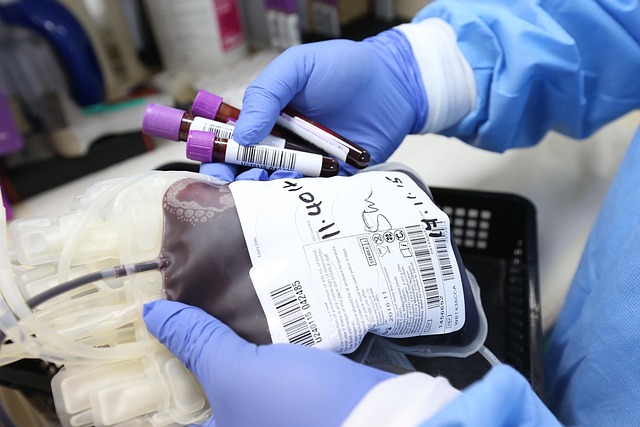Exploring Clinical Trials for Erectile Dysfunction in 2025
Erectile dysfunction research is evolving in 2025. Learn how clinical trials are exploring new treatments and therapies, who may qualify to join, and what participation may involve. Some studies focus on non-surgical methods and innovative medications with the potential to improve quality of life.

How Clinical Trials Are Advancing ED Treatment Options
Clinical trials in 2025 focus on several promising research areas for erectile dysfunction treatment. Scientists are investigating new oral medications with fewer side effects, stem cell therapies for tissue regeneration, and novel drug delivery systems. These studies aim to address limitations of current treatments while exploring solutions for patients who don’t respond to existing options.
Who Can Participate in ED Research Programs?
Eligibility for ED clinical trials typically requires participants to meet specific criteria:
-
Men aged 18 and older with documented erectile dysfunction
-
Generally good health without certain underlying conditions
-
No contraindicated medications
-
Willingness to follow study protocols and attend scheduled visits
-
Meeting specific health parameters set by individual studies
What to Expect When Joining a Clinical Study
Participation in an ED clinical trial usually involves:
-
Initial screening and health assessment
-
Regular medical examinations and follow-up visits
-
Carefully monitored treatment administration
-
Documentation of experiences and side effects
-
Periodic questionnaires and evaluations
-
Close supervision by healthcare professionals
Understanding Trial Benefits and Responsibilities
Benefits of participating in ED clinical trials may include:
-
Access to new treatments before public availability
-
Regular medical monitoring at no cost
-
Contributing to medical research
-
Possible compensation for time and travel
Responsibilities include:
-
Following study protocols precisely
-
Attending all scheduled appointments
-
Maintaining detailed records
-
Reporting any side effects promptly
-
Completing the full study duration
Current Clinical Trial Opportunities
| Trial Type | Focus Area | Duration | Location Type |
|---|---|---|---|
| Phase II | Novel Oral Medication | 12 weeks | Major Medical Centers |
| Phase III | Gene Therapy | 24 weeks | University Hospitals |
| Phase II | Non-invasive Device | 16 weeks | Clinical Research Centers |
| Phase I | Regenerative Medicine | 36 weeks | Specialized Clinics |
Note: Trial availability and details may vary. Contact research centers directly for current opportunities and specific requirements.
Studies typically last between 3 months to 1 year, with varying time commitments depending on the trial phase and treatment being tested. Some trials may offer remote participation options, while others require in-person visits to research facilities.
This article is for informational purposes only and should not be considered medical advice. Please consult a qualified healthcare professional for personalized guidance and treatment.




